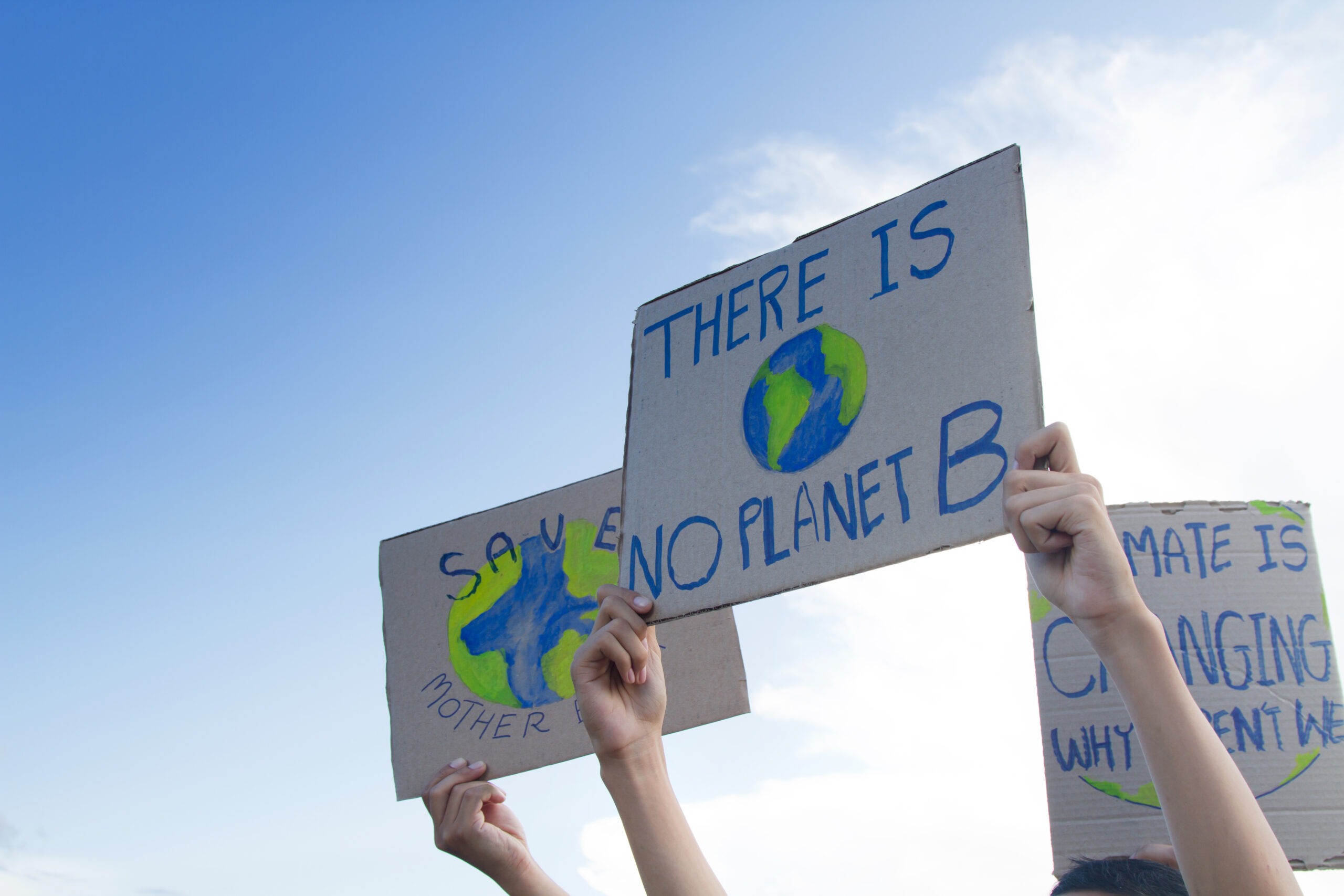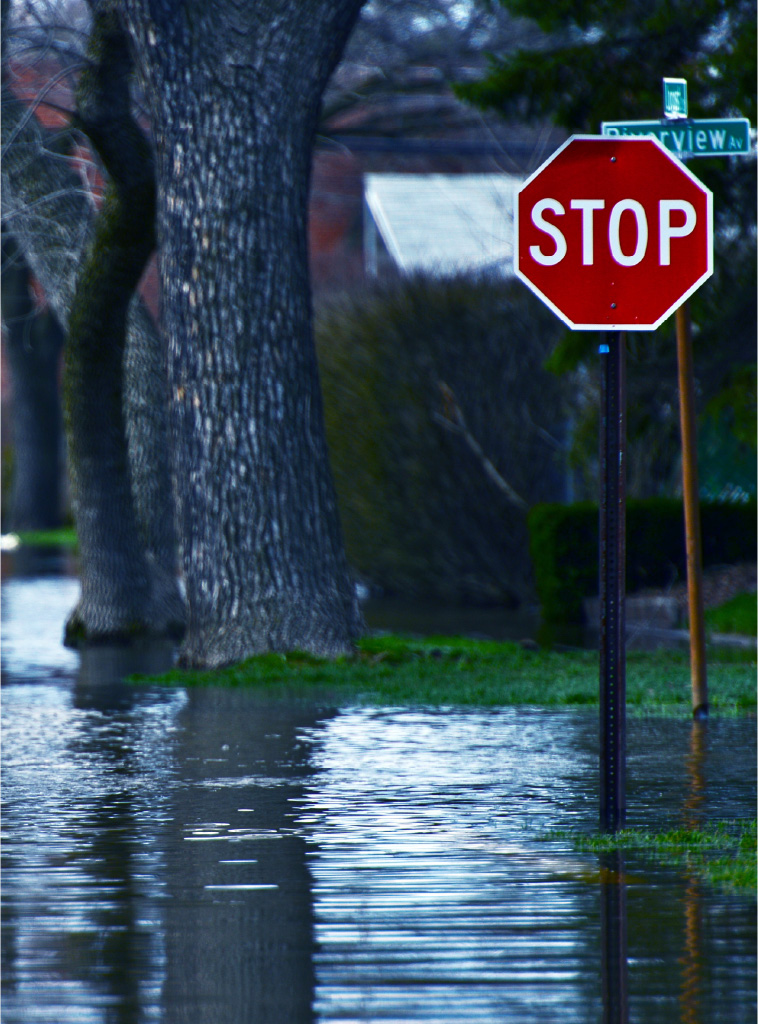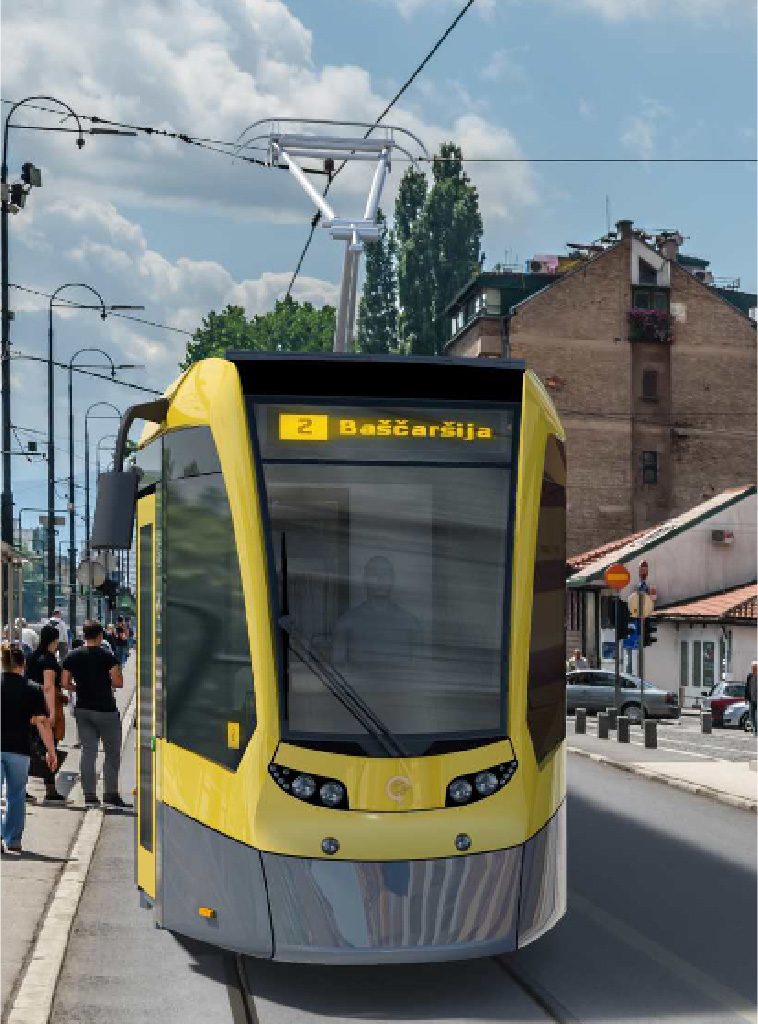Climate change isn’t a distant threat – it is happening now. The Western Balkan region harbours pristine landscapes and natural wealth. Yet it is also one of the regions in Europe most affected by climate change, and this trend is expected to continue.

The EU has been supporting programmes on climate change in the Western Balkans for many years. But much more is needed – and this is where the Green Agenda for the region comes in.
In line with the ambitions of European Green Deal, the Green Agenda paves the way for a transformation towards climate-neutral and resilient, green and circular economies. The time to act is now!
The impacts of climate change manifest in a multitude of ways – from rising sea levels, chronic droughts and floods, to heatwaves and forest fires. As one of the most severely hit regions in Europe, the Western Balkans is facing pressing climate challenges.
While the EU has one of the most ambitious energy and climate policies in the world, climate change knows no borders. Achieving a carbon-neutral Europe by 2050 also requires tackling the urgent environmental needs in the Western Balkans.


As neighbours and aspiring EU members, addressing climate challenges in the Western Balkans is a priority for the EU. The EU is behind numerous initiatives in the region that aim to mitigate and adapt to climate change.
Ongoing support But climate change is moving faster than efforts to adapt or mitigate. To match the urgency of the crisis, the EU launched the European Green Deal in 2019 – a vast package of measures ranging from reducing greenhouse gas emissions, to investing in cutting-edge research and innovation, to preserving Europe’s natural environment. The EU plans to cut emissions by at least 55% by 2030, and become the world’s first climate-neutral continent by 2050 – meaning that we will produce no more greenhouse gases than our ecosystems can naturally absorb.These ambitions extend to the Western Balkans. Climate action is at the heart of the EU’s Economic and Investment Plan for the Western Balkans (EIP) and the accompanying Green Agenda for the Western Balkans.The Western Balkan regional leaders adopted the Green Agenda in 2020, and committed to mirroring the EU targets of achieving climate neutrality by 2050, as well as striving to reduce fossil fuel subsidies.The EIP is to provide a major stimulus to the region with €9 billion in grants and guarantees that are set to leverage €20 billion in loans. This will be the vehicle for turning climate ambitions into climate action – with extensive investment planned for sustainable transport, clean energy, and upping the momentum towards the green and digital transition. Support will centre around:
Clean energy – Helping the region phase away from coal towards a carbon-neutral economy and increasing the share of renewables such as hydro, solar and wind power in the energy mix. Decarbonising energy systems is critical to achieve the EU’s long-term aim of carbon neutrality by 2050. This will bring many benefits, not least in providing alternative energy sources to traditional coal, lowering emissions and reducing air pollution.
Energy efficiency – Extending the EU’s ‘green renovation wave’ to the Western Balkans, with funding for private and public building renovation schemes. As the building sector accounts for over 40% of total energy consumption in the Western Balkans, making buildings more energy efficient is key.
Sustainable mobility – Revitalising the rail network, rolling out greener public transport solutions and sustainable urban mobility plans such as cycling and pedestrian infrastructure, along with the creation of low-emission zones and infrastructure for low emission vehicles.
Aligning standards – Facilitating swift alignment of the Western Balkans with the new EU Climate Law, and exploring options for including the region in the EU Emissions Trading Scheme. This includes support for reducing CO2 emissions through quotas and carbon pricing mechanisms and assisting partners in the development of long-term climate adaptation and resilience strategies.
Please wait while your video is being uploaded...
Don't close this window!